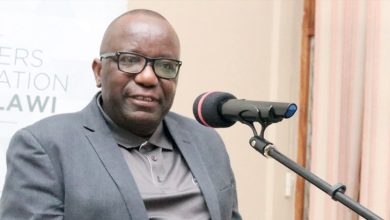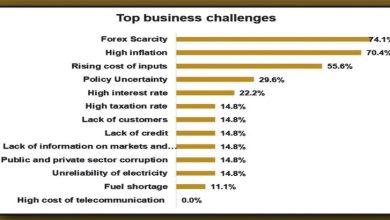Ministry justifies healthcare staff ‘mass’ interviews
Ministry of Health has justified the mass interviews for the recruitment of healthcare workers conducted at the weekend, saying traditional ways of doing the exercise would not have been practical.
In a written response last evening, the ministry’s Principal Secretary Samson Mndolo said the ministry always does walk-in interviews where there are thousands of suitably qualified and shortlisted candidates.

He said: “Traditional oral interviews for such huge numbers would take months and since you cannot ask different sets of questions, by the second day, the interview questions would be rendered worthless.
“Secondly, donor funds have absorption timelines and we wouldn’t be able to absorb the recruitment funds in time should we take such a winding route.”
Asked what measures were put in place to ensure credibility of the interviews, Mndolo said the ministry had invigilators who monitored the interviews.
The interview distribution list per district The Nation has seen shows that there are 2 580 vacancies to be filled. These include disease control and surveillance assistants, statistical clerks and hospital attendants.
Sources within the Ministry of Health say about 40 000 candidates attended the interviews, forcing some to spend over seven hours waiting for the interviews.
One interviewee said it was a bad experience, particularly being his first job interview.
He said: “We were being played like balls. I arrived at [Area 10 IG Parade] ground here in Lilongwe around 7am, but I attended the interview at about 4pm.
“It was a total mess. There were no boundaries to separate candidates attending the interviews and those expected to attend later. This allowed some candidates to access the interview questions before their actual interview.”
Another interviewee seeking to fill hospital attendant post and attended the interview in Mzuzu, corroborated her Lilongwe counterpart’s observations, saying interviews raised a lot of questions than answer.
In a statement issued last night co-signed by National Advocacy Platform (NAP) chairperson Benedicto Kondowe and national coordinator Baxton Nkhoma, the platform said the ministry’s decision to conduct walk-in interviews exposed thousands of desperate youths to dangerous, unhealthy, and dehumanizing conditions.
Malawi University of Business and Applied Sciences lecturer Andrew Kaponya and health rights activist George Jobe also faulted the interviewing approach, saying it poses risk to both candidates and interviewers.
Kaponya urged government and other employers to protect the integrity of job seekers, saying recruitment and selection need to be a scientific process.





